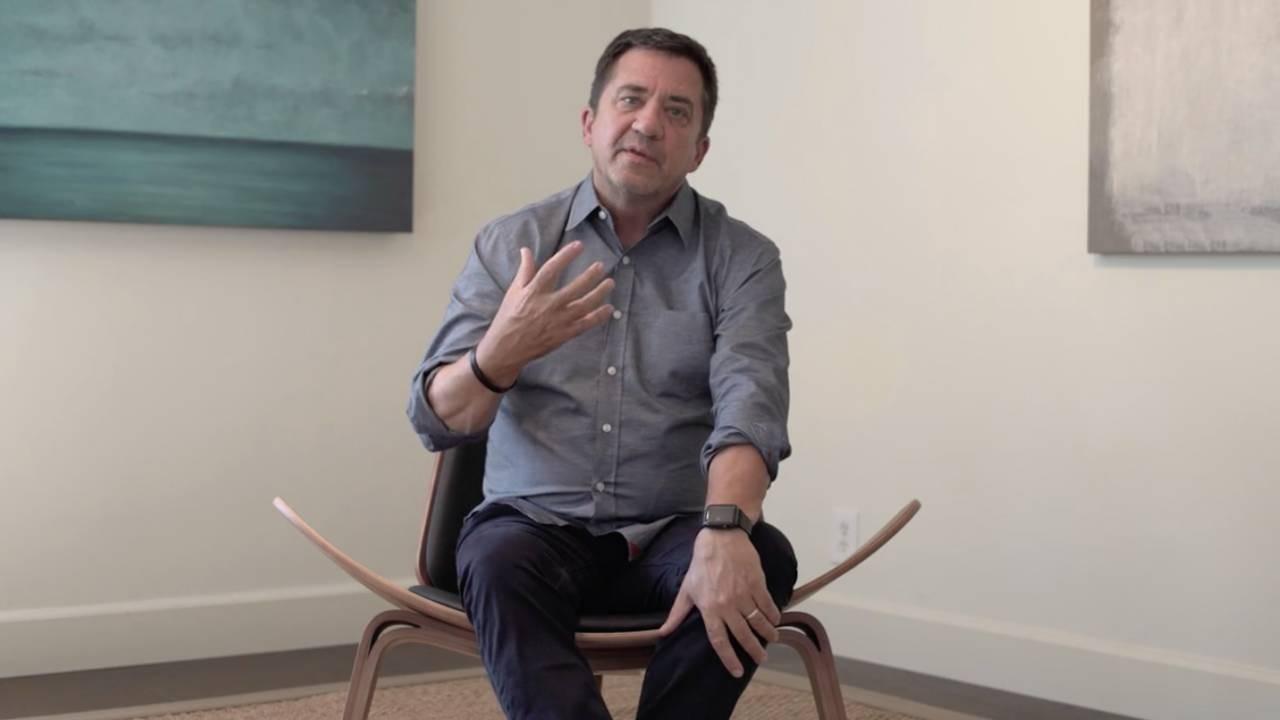Are you ready to get started?
Your assessment results suggest that you would get a lot out of the Protect Yourself from Toxic People path. Click the button to get started or scroll down to learn more about the path, or a little further down for more suggestions.

What you will learn on the Protect Yourself from Toxic People path:
This path is intended to equip you with a strong sense of how to set and uphold healthy boundaries. You'll learn skills that will help you develop new behaviors and the confidence to examine core aspects of your needs and how those relate to your relationships.
If you are prone to getting hurt over and over again, or you find yourself in the role of the people pleaser, or people just keep walking all over you, this is the path for you.
Paths are self-paced, meaning you can complete them on your own timeline, at whatever speed feels right to you. Our suggestion is to plan on spending about 6 months working through this material.
Courses include:
The 10 Laws of Boundaries, How to Say No, Safe and Unsafe People pt. 1 & 2, How to Handle a Narcissist, Facing Controlling Relationships, Entitlement, Emotional Abuse, Codependency pt. 1 & 2, How to Avoid Drama, Hope, Necessary Endings, Revenge, and finally, Forgiveness
Or try one of these individual courses:

Difficult Conversations
Some of the most important conversations to have are often difficult. They can be difficult because it's something you care strongly about or difficult because the person you're talking with is someone you care for, or because you're feeling mistreated or coming from a place of hurt. Very often these conversations are necessary. Dr. Cloud guides you on how to feel comfortable having difficult conversations.

Boundaries with Parents or Family of Origin
Our families can tear down our best-built fences because they are “family.” And when we think about what it takes to set limits with our family of origin, there are multiple complexities to face and work through. In this course, I’m going to help you address the pain that comes from your family, tell you how to work through it, and create a path for you to move forward and set healthy boundaries that restore love in broken relationships.

Safe and Unsafe People pt 1
Safe and Unsafe People is a course designed to help you identify your good and harmful relationships. You'll learn how to protect your connections with the people who help fuel your success, and how to protect yourself from the harm caused by the people who take away your freedom and energy.

Forgiveness
When someone has been hurt, and they do one of two things. Either they confront the other person about something that has happened, the other person says he’s sorry, and they forgive, open themselves up again, and blindly trust. Or, in fear of opening themselves up again, they avoid the conversation altogether and hold onto the hurt, fearing that forgiveness will make them vulnerable once again. In this course, we’re going to talk about what forgiveness does for you, what forgiveness is not and how we move forward with ourselves and future relationships.
Feel Like Going in a Different Direction?

Growth Mindset
When you think about how you want to grow in your life, I want you to think about something: How do you interpret your ability to do something? Do you think that it’s fixed and can never be changed, or do you interpret it as a state today that can change in the future? There is a gap between failure and our ability to see whether or not we can learn to grow past an obstacle, and it has everything to do with the tone of our inner voice. What does your internal dialogue sound like? Is it negative? Are you included to shame yourself? It’s one thing to coach yourself through something difficult, but it’s another to judge to condemn yourself. In this course, I’m going to talk to you about how to open your mind up to being curious so you can get into the right frame of mind to achieve your goals.

Standing Up to Your Spouse
The issues are different for many couples, but the perplexity is often the same. One spouse feels something is missing, but he/she can’t figure out what it is. He/She tries to do the right things. He/she gives, sacrifices, honors the commitment, and believes the best. And yet he/she doesn’t achieve intimacy, or worse than that, she doesn’t avoid pain. In some cases, the confusion hides itself behind the simplistic explanations that problems such as addiction, irresponsibility, control, or abuse provide. In other cases, there may be no “problems,” but the marriage does not live up to the promise that one or both of the partners had in the beginning. Commitment may be strong, but love, intimacy, and deep sharing are not present. Why does this happen with two people who are so committed to the relationship?

